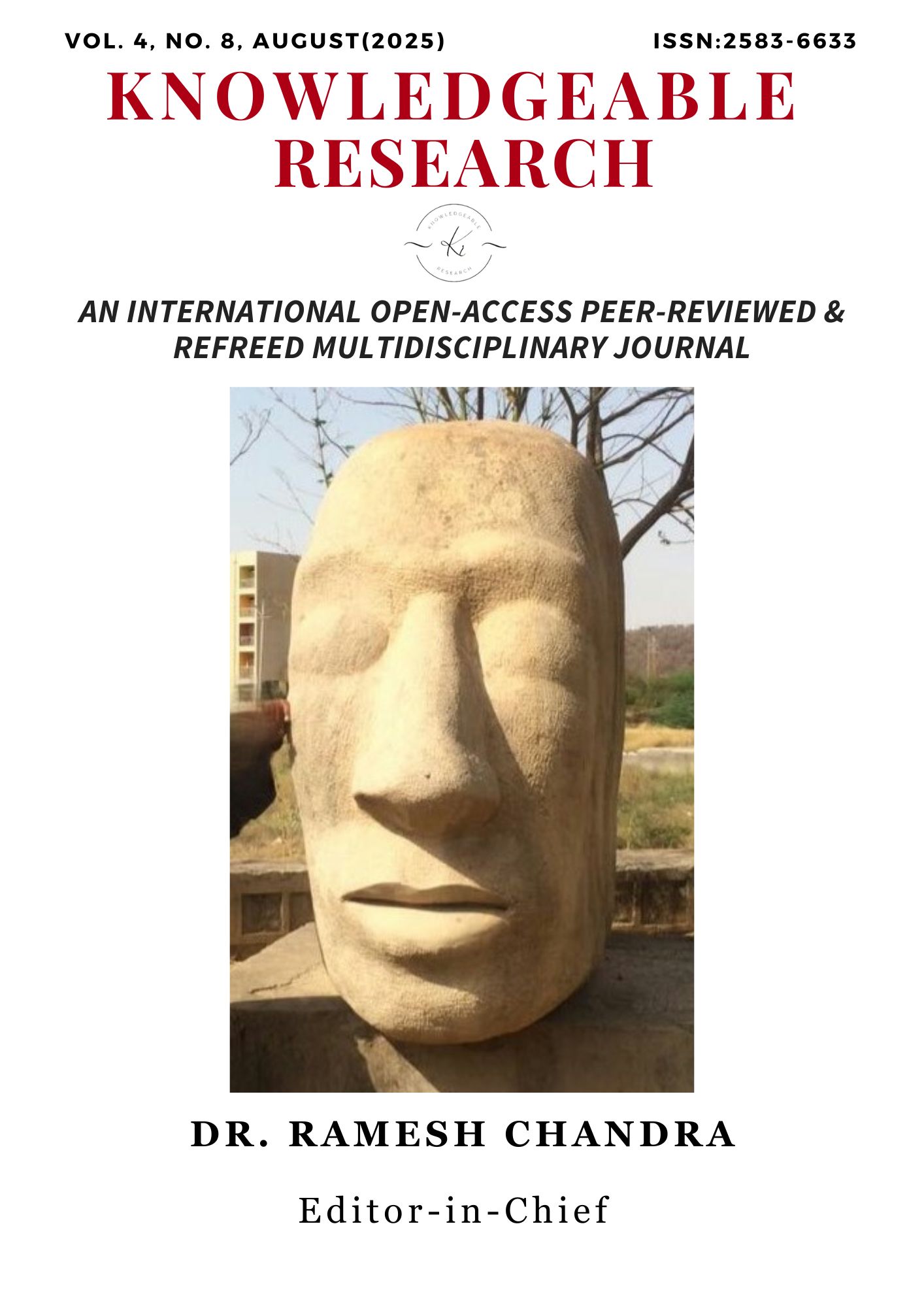Experimental Methods for Potato Pest Evaluation
Main Article Content
Abstract
The present study focuses on the systematic assessment of pests affecting potato (Solanum tuberosum L.) crops through standardized experimental approaches. The research emphasizes the identification, quantification, and analysis of pest incidence, intensity, and their subsequent impact on crop yield and quality. Various experimental methods—such as field surveys, randomized block design (RBD) trials, controlled laboratory bioassays, and statistical evaluation of pest population dynamics—are employed to ensure scientific precision. The study also integrates ecological and environmental variables influencing pest behavior and infestation patterns. By comparing traditional and modern pest evaluation techniques, including morphological identification and molecular diagnostics, this work aims to develop a comprehensive framework for effective pest management strategies. The findings are expected to contribute to sustainable potato cultivation practices, enhancing productivity and minimizing economic losses through informed pest control interventions
Downloads
Article Details
Section

This work is licensed under a Creative Commons Attribution-NonCommercial 4.0 International License.

